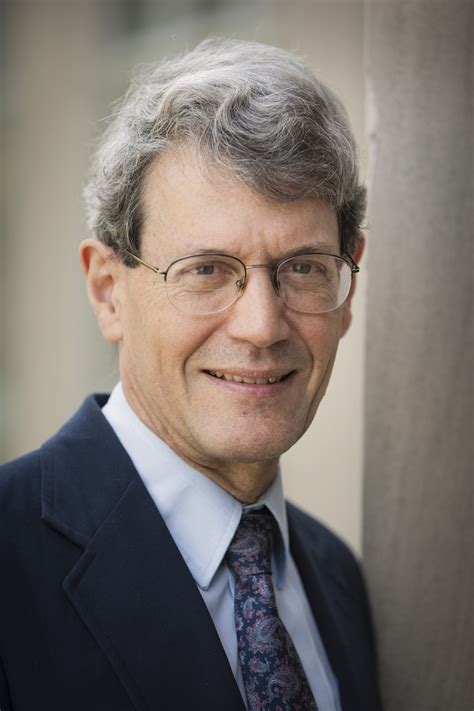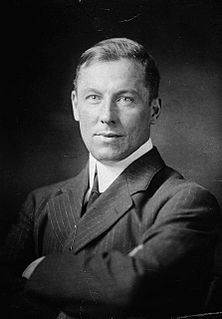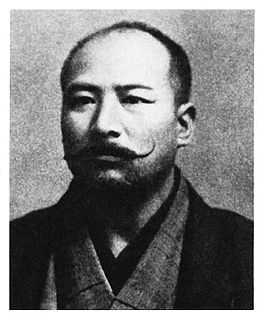A Quote by A. E. Housman
Great literature should do some good to the reader: must quicken his perception though dull, and sharpen his discrimination though blunt, and mellow the rawness of his personal opinions.
Related Quotes
For the judging of contemporary literature the only test is one's personal taste. If you much like a new book, you must call it literature even though you find no other soul to agree with you, and if you dislike a book you must declare that it is not literature though a million voices should shout you that you are wrong. The ultimate decision will be made by Time.
Communion with God as we hear his voice is rich. We receive his meanings; we submit to his authority; we grow by his power that is at work in our lives through his words; and we experience the glory of his personal presence as we hear him. These aspects go together, though we may sometimes be more conscious of one aspect.
The rich man has his motorcar, His country and his town estate, He smokes a fifty-cent cigar And jeers at Fate. He frivols through the livelong day, He knows not Poverty, her pinch. His lot seems light, his heart seems gay; He has a cinch. Yet though my lamp burns low and dim, Though I must slave for livelihood- Think you that I would change with him? You bet I would!
He walked on in silence, the solitary sound of his footsteps echoing in his head, as in a deserted street, at dawn. His solitude was so complete, beneath a lovely sky as mellow and serene as a good conscience, amid that busy throng, that he was amazed at his own existence; he must be somebody else's nightmare, and whoever it was would certainly awaken soon.
He loved me. He'd loved me as long as he he'd known me! I hadn't loved him as long perhaps, but now I loved him equally well, or better. I loved his laugh, his handwriting, his steady gaze, his honorableness, his freckles, his appreciation of my jokes, his hands, his determination that I should know the worst of him. And, most of all, shameful though it might be, I loved his love for me.
Some of Kant's particular moral opinions, either because he shared the prejudices of his time, or because of his own personal crotchets, can strike sensible people as ridiculous or offensive. But in my view, his own theory provides us with the resources (the best resources available, I believe) to correct his own personal errors or cultural prejudices.
A woman knows very well that, though a wit sends her his poems, praises her judgment, solicits her criticism, and drinks her tea, this by no means signifies that he respects her opinions, admires her understanding, or will refuse, though the rapier is denied him, to run through the body with his pen.
The Judo pupil, therefore, must cultivate his mind; he must never feel fear, never lose his temper, never be off his guard; but he must be cool and calm, though not absent-minded; he must act as quick as thought, according to circumstances. He must also be dexterous as well as bold both in attack and in defense.






































